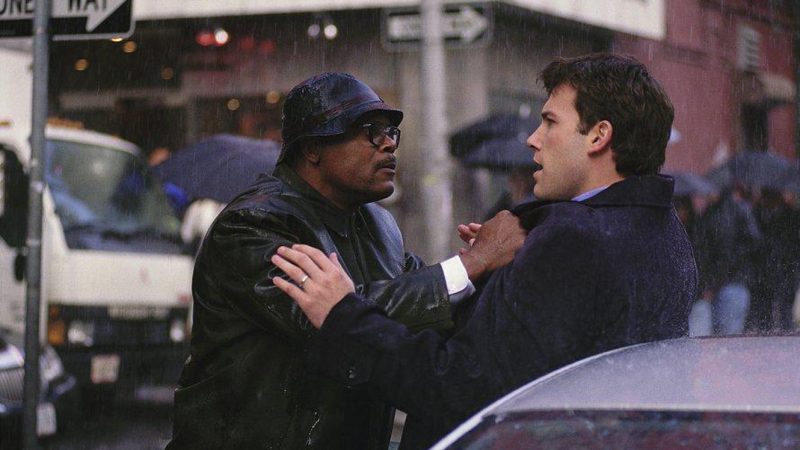I could not help but think of a recent post at CTC while preparing for class on Turkey and the United States today. In his chapter from Islam and the West, “Other People’s History,” Bernard Lewis takes aim at those who accuse Orientalists (those who study the Middle East, China and India for starters) of intellectual imperialism, as if the study of non-western civilizations arises from a “predatory” or “larcenous” interest in “other people’s cultural possessions.” He goes on to say that scholarship should be competent, fair, honest, and not distorted by “loyalties and purposes.” But these considerations “are of no importance to those who believe that all scholarship or, rather, all scholarly discourse is ideological and that their ideology, and therefore their scholarly discourse is better or stronger because it is openly avowed and, more especially, because it is theirs.” He goes on to describe this disregard for even-handed scholarship in the following way:
“You want to study in my archives, read my literature, talk to my people, work on my history? Then you must pay your respects to my point of view, you must promote my national aspirations as I may from time to tie define or redefine them.” To comply with this requirement, the historian must choose for himself and demand of others a presentation of history that includes only what in the present climate of opinion is seen as positive and excludes, and if called upon denies, anything that in the present climate of opinion is seen as negative. (122)
This description of biased history resembles Ken Howell’s description of the “Classic” Roman Catholic approach, in “Three Frameworks for Interpreting the Church Fathers,” for examining the early church (and arguably for the rest of Roman Catholic history). What Howell describes is not necessarily cynical about “objective” historical frameworks. But he does affirm that “true” historical account has to conform to a certain bias in favor of “the home team.”
An honest historian working within the Classic Catholic Framework (CCF) will face all the diverse and varied expressions of Christian belief brought forth from the relevant texts. He will, however, ask different questions about those texts from those who work in the CPF (Classic Protestant) or the MCF (Modern Critical). Central to inquiry in the CCF is the notion of witness. Witnesses point to something greater and more enduring than themselves. In the CCF, the goal is to study the relevant witnesses in order to discover the deposit of faith which is the doctrinal content of the Christian faith. This approach assumes continuity across space and time. That continuity may not be total or exhaustive but it has essential qualities and characteristics which are transmitted over time.
Howell’s goes on to contrast this with how Protestants approach the early church:
The problem posed by the Protestant interpretation of early church history was as follows: how do you know what in the Fathers should be taken as binding and what should not? The Protestant answer was clear if not always easy to apply in practice: measure the Fathers against Scripture. Of course, the learned Roman Catholics believed this was an insufficient answer. How does one know if one’s interpretation of Scripture, which is being used as the criterion of judging the Fathers, is correct? The criterion of “the unanimous consent of the fathers” turned the Reformation’s answer on its head. It said that the way we know what interpretations of the Scriptures are legitimate is by the universality, antiquity, and consensus of the fathers. In this view, what was unanimous among the fathers, such as the real presence of Christ’s body and blood in the Eucharist, was binding on the church. What was not unanimous, such as how the creation narratives of Genesis were to be interpreted, was not binding.
I know that in Reformed circles some historians have argued, following the Dutch Calvinist w-v notion, that “objective” history is impossible and that the bias of faith in understanding the past adds value — it sees the hand of God at work or the importance of religious “values” where a non-believing historian miss them. Howell not only seems to follow this rejection of academic neutrality, but he adds criteria for studying the past that in my view rig the game before it even starts. He says that a historian needs to find continuity and unanimity among the church fathers.
This is sometimes what historians call lumping. That is, they take all positions and force them into a kind of consensus so that difficulties, tensions, even contradictions are ironed out of history. On the other side are splitters who recognize disagreements, discrepancies, rivalries, and discontinuities. I myself prefer the splitting model if only because the vacuous term “evangelical” is supposed somehow to make sense of the Assemblies of God and the Orthodox Presbyterian Church, or Calvinism is supposed to make sense of Scott Clark and Nelson Kloosterman.
If you pushed most historians, even though they complain about lumpers in their ranks, most would concede that the craft of history errs on the side of splitting because humans rarely agree, ideas are contested, and free societies (at least) inherently nurture disagreements (though the history of the human race is littered with intellectual combat). This is why Howell’s use of the word “honest” is curious. A Roman Catholic historian who must find consensus and unanimity may be honest. But people who see differences where others see the same thing can well ask whether the lumpers are truly being fair to the past. Funny, not even the Bible approaches salvation history as a lumper does it is hard to imagine a time in the sagas of the Israelites or the really early church (REC) when everyone agreed.






